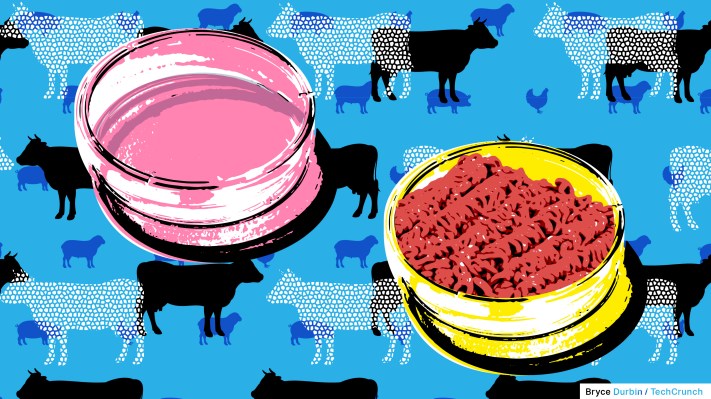
Just when the U.S. government was getting more comfortable with the concept of cultivated meat, the Italian government put forth a bill banning the use of lab-grown food.
The process of making cultivated meat includes a method, like precision fermentation in a laboratory, that uses animal cells without slaughtering the animals.
Reuters reported that the bill “aims to safeguard the country’s agri-food heritage,” according to the country’s agriculture minister, Francesco Lollobrigida, who also said, “Laboratory products in our opinion do not guarantee quality, well-being and the protection of our culture, our tradition.”
The bill will now go in front of parliament, and if passed, any violation of the law in the future could result in fines of up to €60,000, or about $65,000.
In a response to the proposed ban, Cellular Agriculture Europe called it “bad public policy,” and that it would “reduce consumers’ ability to choose the food they want,” especially new products for those “who are concerned about animal welfare and the environmental impact of their food.”
Currently, Singapore is the only country allowing sales of cultivated chicken. Good Meat was the first company to get approval to sell its cultivated chicken product there and received a U.S. Food and Drug Administration clearance last week, joining Upside Foods, as the only two companies to move to the next stage of commercializing their products in the U.S.
Dozens of companies, both in the U.S. and elsewhere, are not far behind in getting cultivated, or cell-cultured, meat products on the market. In the U.S., these companies have to receive approval from both the FDA and U.S. Department of Agriculture before commercializing their products in this country.
If you have a juicy tip or lead about happenings in the venture and food tech worlds, you can reach Christine Hall at [email protected] or Signal at 832-862-1051. Anonymity requests will be respected.

